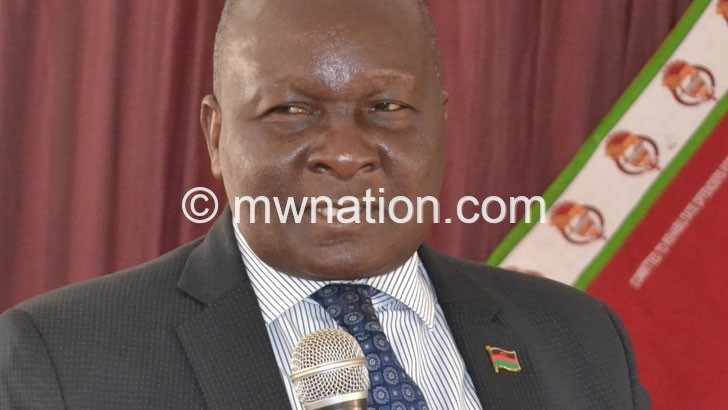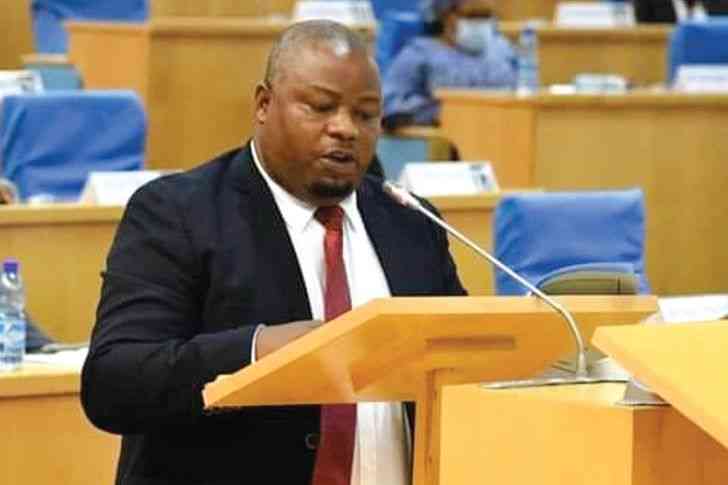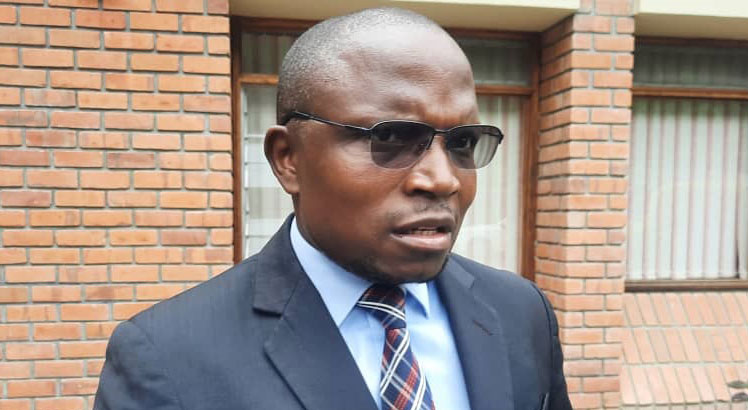US downgrades Malawi over trafficking
The United States of America (USA) Government has downgraded Malawi for failing to meet “minimum standards for the elimination of human trafficking”, observing that police, immigration and some diplomats are worryingly facilitating the vice.
In the 2019 Human Trafficking Report, the USA State Department has since ranked Malawi as a second tier country. Second tier is a category of countries meeting minimum requirements on fighting human trafficking but facing critical challenges.

Reads the report: “The government did not investigate or hold any complicit officials criminally accountable despite these credible allegations and several past cases of Malawian diplomats, police, health and immigration officials engaged in trafficking abroad.
“The government did not report referring or otherwise providing protective services to any trafficking victims. Therefore, was downgraded to Tier 2 Watch List.”
The least tier is the third category where US authorities consider serious violations of human trafficking are taking place.
The report notes that Malawi is not meeting the minimum standards for elimination of trafficking, but it was making significant efforts towards the same.
It has cited prosecution and conviction of traffickers and identification of trafficking victims as key areas.
Malawi is also home to internally trafficked persons, including some employed in tobacco estates where the USA also noted use of child labour; hence, its recent ‘ban’ of tobacco from Malawi.
US Embassy officials in Lilongwe could not be reached for comment yesterday as they were observing a national holiday, Thanksgiving, but Minister of Homeland Security Nicholas Dausi yesterday said Lilongwe was working with its international partners to eradicate human trafficking in the country.
He described human trafficking as modern slavery and a menace, but said improved coordination and training would prevent the country from being used as a destination, conduit or source of trafficking victims.
Said Dausi: “First, let me concede that there are some lapses. In some instances, sometimes internally, we have a porous border. With cooperation of Immigration and police, we are erecting new border posts within the country. Between Chitipa and Linje, Hewe in Rumphi, the whole area is empty and Karonga.
“We are trying to link districts. We have designated these unchartered routes. We are coordinating with village heads, I would like to thank the UK and US Government for assisting us and they are training our police.”
The report says Malawian victims of sex trafficking are found in Kuwait, Iraq, Saudi Arabia, South Africa, Kenya, Tanzania, Mozambique and Zambia. Some of them are lured out of the country by fraudulent employment agencies, but end up in sex and labour trafficking.
A Malawian diplomat accused of trafficking, as cited by the report, left the US in 2012 after facing prosecution.
In 2018, according to the report, Malawi Police Service arrested 32 suspects and prosecuted at least 16—all of whom were convicted but the report notes that there has been a decrease in protection of victims of human trafficking.
The report further notes that government identified 132 trafficking victims, but did not provide information regarding details or indicate whether any support was provided.
On protection, the report raises concerns over absence of shelters for victims in the country, but also worrying cites an incident in which victims who were witnesses in their trafficking cases were threatened as they went to court.
In an interview yesterday, Maxwell Matewere, national programme officer on human trafficking at United Nations Office on Drugs and Crime (UNODC) Malawi office, said the report raises concerns. He, however, said authorities were working with international partners to address the challenges.
He said: “We need proper structures like shelters, raise public awareness and timely prosecution of cases. We know there is a problem and government engaged us to provide training, we have reviewed police curriculum and training manual for police recruits, we have also worked with UK government to provide technical support.” On Tuesday this week, the Office of the President and Cabinet (OPC) held a multi-stakeholder meeting at Capital Hill aimed at consolidating efforts to fight human trafficking.





